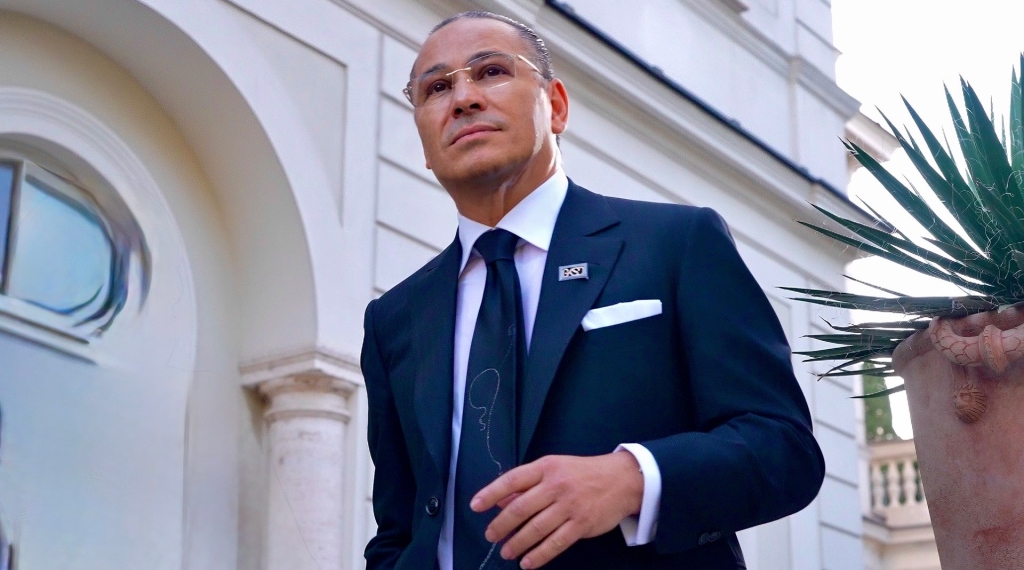
France and Germany are reeling from a spate of violent terrorist attacks that have heralded a new era of insecurity. European Governments now face the daunting challenge of having to search for a multilateral approach in their anti-terrorism strategies; however, such a search may prove to be difficult to integrate. On the one hand, European leaders are facing increasing censure concerning current immigration policy; whilst on the other, European Intelligence services are struggling to find a cohesive and responsive communication strategy that can appropriately address the new challenges inherent mass immigration from countries in the throes of civil war.
As I have said many times in the past, where there is political will a solution will always be found. I am also of the opinion that if a political policy proves to be unworkable, as the recent events in Europe have demonstrated, then blindly continuing with that particular strategy is highly unlikely to provide the roadmap for success. I feel that it is time to sit back and take stock of the current international approach and consider some lessons from history. If we cast our minds back to the most significant events in the Middle East, in particular in Iraq and in Libya, we will recall that many members of the international community voiced serious concerns about the impact military intervention would have on international security.
In particular, the risk that such action would serve as a spark to inflame an already precariously unstable situation. Sadly, these predictions were proven to be correct, as the chaos that immediately ensued has resulted in the dramatic developments that are taking place today. Not only have most North African and Middle Eastern countries failed to evolve into the much hoped for budding democracies, but also they have spectacularly imploded into failed states and safe havens for terrorists. Rather than helping to wipe out fundamentalist terrorism and human rights abuses, the political policy implemented by certain nations has actually resulted in a significant increase in violent deaths and human rights abuses.
In light of these facts, it is my belief that we now have to accept the dramatic failure in the way we intervened. In the past, as Robert I. Rotberg said “Failure had fewer implications for peace and security. Now, these (failed) states pose dangers not only to themselves and their neighbors but also to peoples around the globe. Preventing states from failing, and resuscitating those that do fail, are thus strategic and moral imperatives.” By accepting failure, we can start afresh politically. When faced with state leaders considered to be corrupt, destructive or democratically subversive, we must find an opening for dialogue or constructive engagement.
Conditions can be set and preventative diplomacy can allow for deals to be made to prevent a state collapsing. Indeed, history has even shown that partial rehabilitation or the legitimisation of non-democratic hostile regimes can be achieved, and economic, social and even religious instability contained, for the benefit of a status quo. When we allow a state to implode, we pave the way for the collapse of its institutions, economic failure and social hardship. This in turn paves the way for the cancerous spread of lawlessness and religious or political opportunism.
Ad hoc and inexperienced political factions are thus free to take advantage of the rapid slide towards disorder. When a state fails, trust is also destroyed since the government can no longer protect citizens from violence or guarantee order and stability. Evidently, the absence of strong institutions not only extinguishes economic growth and opportunities, but also creates a sense of disenfranchisement within the nation and as a result, the loss of national identity or loyalty towards the state. We have seen this happen time and time again and as a consequence the educated, the young and the moderate citizens seek opportunities abroad and abandon their nation to religious or ideological extremists who thrive on the poverty, ignorance and desperation of those citizens who remain left behind.
In so doing, these émigrés unwittingly assist in the destruction of their nation. It takes an immense amount of courage and a profound sense of national identity to remain in a nation afflicted by civil war and factionalism. However, walking away too soon when a nation is in difficulty is not necessarily a step towards a better life, as we have unfortunately witnessed in the Mediterranean countries of Europe that are struggling to find resources to cope with the influx of refugees from civil war zones. With support from the right political powers and with the right political will then reconstruction is possible, but only if the more conciliatory elements of the population are present to participate in recovery. Without the mobilisation of the moderates then I would be very doubtful whether a long-term solution to the war on terrorism could be achieved.
Kamel Ghribi







